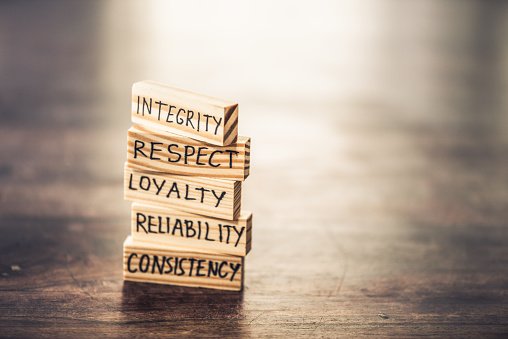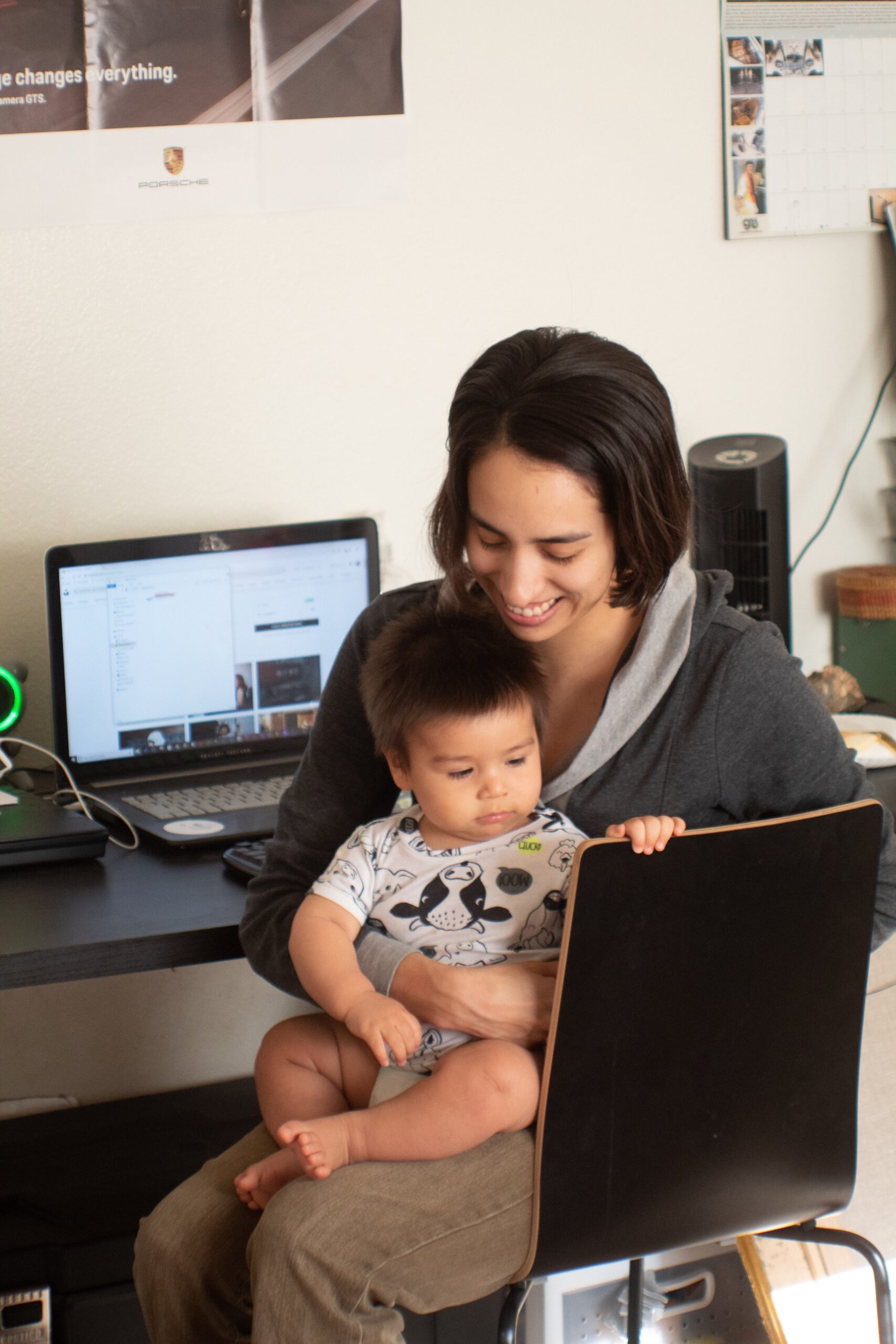Career

Forty or more hours a week, 9 am to 5 pm or later, short breaks then back at it again. Sound familiar? Many jobs have this format but a growing number (particularly after the pandemic) are adopting a different format and requiring workers to figure out solutions to new challenges. Whether you are a restaurant server, warehouse supervisor, or a CEO, the idea that a job or a career is a regular and necessary part of life is built into our culture. Just think of the perceptions around the idea of being “unemployed” or “jobless” or how many times you may have heard growing up things like “you need a job” or “no one likes to work, but you have to do it.” From the time you begin to work until retirement, it is assumed that everyone needs to work a job in order to achieve. It is here where many people struggle with the idea of sacrificing so much of their time to a job when their values would suggest a different use of their time and energy. There are also many people who place themselves in their job or career doing what they love and where their values agree with how they use their time. Now here is the $50,000-a-year question (before taxes); How in the heck do you figure out what is right for you?

This may seem like a silly title. How can a person do anything but value that which they identify as valuable to them? It is true that many people make time and commit energy to the things they hold in the highest regard such as family, relationships, success, education, etc. However, like so many things, this can become an unconscious endeavor and your values can easily fall away from your focus as you find yourself building different routines. If one is neglecting their values, they may be unconsciously reinforcing depression, anxiety, grief, or anger. So how do we interact with our values in such a way that our lives feel meaningful and our goals are effectively achieved?

New Years resolutions are part of celebrating the new years for some people. Making a list of goals and a plan to start on the 1st or the first Monday after the New Years is the usual norm. Rather than making a list of new goals this year, how about trying a different way to contemplate your goals and having a way to gauge your goals?

This may seem like a silly title. How can a person do anything but value what they identify as valuable to themselves? It is true that many people make time, and commit energy, to the things they hold in the highest regard such as family, relationships, success, education, etc. However, like so many things, this can become an unconscious endeavor and your values can easily fall away from your focus as you find yourself building different routines. If one is neglecting their values, they may be unconsciously reinforcing depression, anxiety, grief, or anger. So how do we interact with our values in such a way that our lives and goals feel effective and meaningful?

In a committed relationship, whether this is a romantic relationship or another close and intimate relationship, there are a few things that as humans, we typically respond more desirably to for the purposes of having an effective relationship. There are also things to which we respond undesirably. Some examples of things that we respond more desirably to would be validation, communication, loyalty, and trust. Consequently, the absence of some of or all these things can lead to what John Gottman and Nan Silver (The Seven Principles for Making Marriage Work, 1999) referred to as the “Four Horseman of the Apocalypse” for a relationship. These “four horsemen” include criticism, contempt, defensiveness, and stonewalling. One of the most destructive of these is Contempt. . However, there are safeguards that can be put in place to help protect yourself from this particular “horseman”.

Working mothers juggle many responsibilities and play many roles to maintain the stability and happiness of their families. From the basics such as groceries, paying bills, maintaining a home, to of course dedicating time to raising strong, healthy, children, to having a successful career can be demanding and stressful. Read on for some strategies to manage the stress of balancing work and parenting responsibilities.

I don’t know about you, but sometimes throughout my day, I have a moment where I stop and think about what it is I am doing because part of me does not remember making the decision to do it in the first place. Some of these behaviors or actions I find myself doing are productive, some are neutral, and some are ones that I wish I didn’t do as much, especially without thinking about it. According to the Journal of Personality and Social Psychology, about 43% of what most people do every day is out of habit (Journal of Personality and Social Psychology, Vol. 83, No. 6, 2002). This is almost half of your daily life decided for you based on routine. Once again, if you are anything like me, there are parts of that 43% that I would rather be different, so here are some tips to better understand how habits work.

One of the best ways to start managing stress is to focus on your daily habits and routines. Do you have the so-called “basics” covered? You have heard and maybe even read about them before: exercising, staying hydrated, getting enough sleep, and so on. But have you evaluated how well you do each of these well-being habits and even if you are doing them consistently? Consistency is the key to building and maintaining healthy habits.

Flourishing is a term within the field of positive psychology that focuses on a multi-dimensional, complex approach to what true wellbeing and happiness look like. There are a lot of factors that make up flourishing, from personal development, self-love, self-awareness, financial freedom, and more. You might experience flourishing when you are trying new things, exploring a new hobby, and spending time with loved ones. Flourishing isn’t just one of these areas, it’s focusing on all of these pieces of the puzzle; a complete picture of wellbeing and happiness.

Starting your day off focused on things you enjoy, and what you want to achieve, can reduce the stress that can sometimes occur first thing. Aim to spend a few moments each morning focused on what you want your day to look like. Imagining a positive outcome can assist in this actually occurring. So aim to start your day considering what you are looking forward to and practicing self-care first thing.